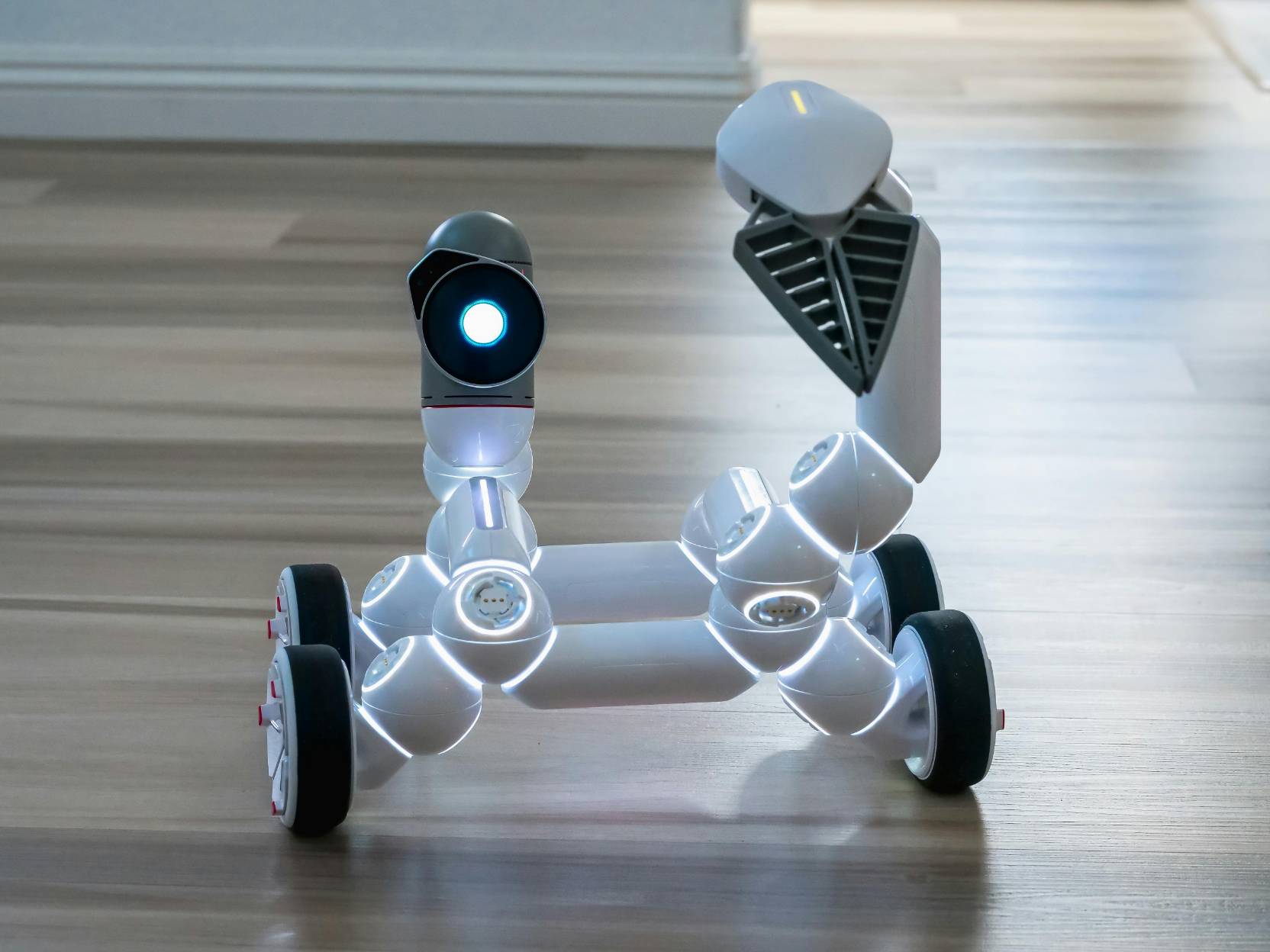

Smart homes are revolutionizing the way we live, offering convenience, security, and energy efficiency like never before. As technology continues to advance, homebuyers need to understand what smart home features to look for and how they impact the value of a property.

Smart home technology has seen a massive surge in popularity over the past decade. From voice-activated assistants to AI-driven home automation, modern homes are becoming more intelligent and intuitive. Features like smart lighting, thermostats, and security systems are now standard in many properties.
Homebuyers should consider properties that offer built-in smart technology or the capability to integrate with existing systems. The ability to control various home functions remotely enhances both comfort and security, making it a desirable investment.
One of the biggest advantages of smart homes is their ability to optimize energy usage. Smart thermostats, lighting, and appliances can significantly reduce electricity bills while minimizing environmental impact.
Features such as solar panels, automated shading, and energy-efficient HVAC systems make homes more sustainable and attractive to buyers looking to save on long-term utility costs.
Smart home security systems provide homeowners with real-time monitoring and remote access. Features like smart locks, motion sensors, and video doorbells enhance home safety and deter potential threats.
However, with increased connectivity comes the risk of cyber threats. Buyers should ensure that smart home devices come with strong security measures, including encrypted connections and regular software updates, to protect personal data.
A well-connected smart home should offer seamless integration between different devices. Buyers should look for homes with centralized smart hubs that can control lighting, climate, security, and entertainment systems from a single interface.
It’s also essential to check for compatibility with major smart home ecosystems like Google Home, Amazon Alexa, and Apple HomeKit to ensure a smooth user experience.

Technology evolves rapidly, so choosing a home with upgradeable smart features is a wise decision. Homes with structured wiring, strong Wi-Fi coverage, and modular smart systems will be better equipped to adapt to future advancements.
Investing in a property that supports 5G connectivity and IoT-enabled appliances ensures that homeowners can keep up with the latest innovations without needing major renovations.
Smart homes are more than just a trend—they represent the future of modern living. Buyers should evaluate properties based on their smart features, security, energy efficiency, and adaptability. By investing in a technologically advanced home, buyers can enjoy a higher quality of life while increasing the long-term value of their property.











